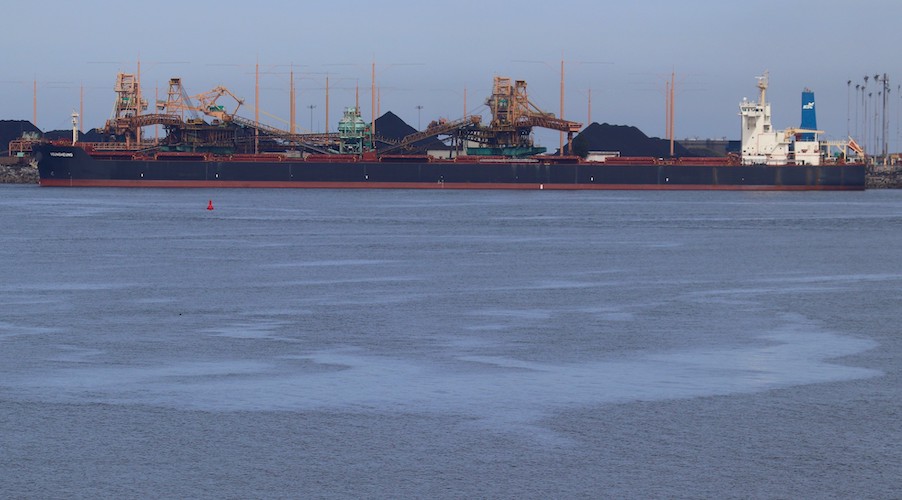Seaborne coal prices spike not expected to last long – report

Fitch Ratings predicts a short lifetime for the rise in seaborne thermal coal prices, caused by a supply disruption at Chinese coal mines amid prevention measures against the COVID-19 outbreak.
In a recent report, the credit rating agency said that the price spike – which benefits Indonesian coal miners with high export exposure to China – is probably going to last a few weeks. Over the medium term, however, Fitch expects prices to stabilize because Chinese coal production should be sufficient to meet domestic demand.
China meets 95% of its thermal coal needs domestically and imported 216 million tonnes in 2019. Central and provincial state-owned enterprises are the major coal suppliers in the country
Since the beginning of February, the Newcastle and Qinhuangdao 5,500kcal/kg coal price has risen by 4% and 3%, respectively. This is bolstered by a number of factors, such as many Chinese coal mines are struggling to resume operations amid quarantine measures, the lower availability of truck drivers and the restrictions on road travel that hurt timely transportation of domestically produced coal to users.
This means that small power plants and non-power sector users lacking sufficient long-term coal supply contracts will likely see themselves in the need to source from the spot market, including seaborne.
Large power plants, on the other hand, are more prone to withstand short-term disruptions due to large inventories at the start of the year and higher supply priority. According to Fitch, stockpiles at the six major Chinese power utility companies have remained sufficient at over 40 days, although power consumption is likely to pick up as more and more enterprises resume business.
“It is difficult to predict when the temporary momentum will lose steam, which depends on the duration and intensity of the COVID-19 outbreak,” the report reads.
“However, once the domestic supply situation fully recovers, seaborne coal suppliers are likely to face weaker Chinese demand as economic growth slows down. In addition, the Indonesian government has applied a quarantine measure for ship crews coming from China. Indonesian coal is typically sold on a free on board (FOB) basis, while miners may see higher working-capital needs should the quarantine measures lead to serious logistical delays.”
{{ commodity.name }}
{{ post.title }}
{{ post.date }}




Comments